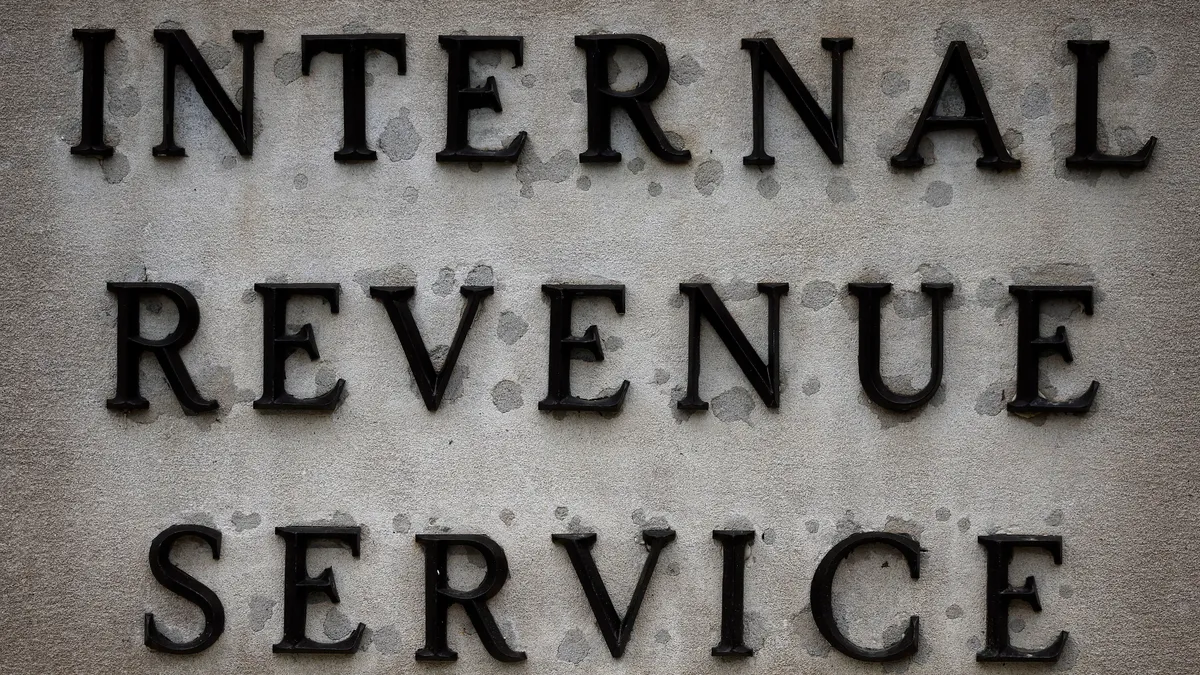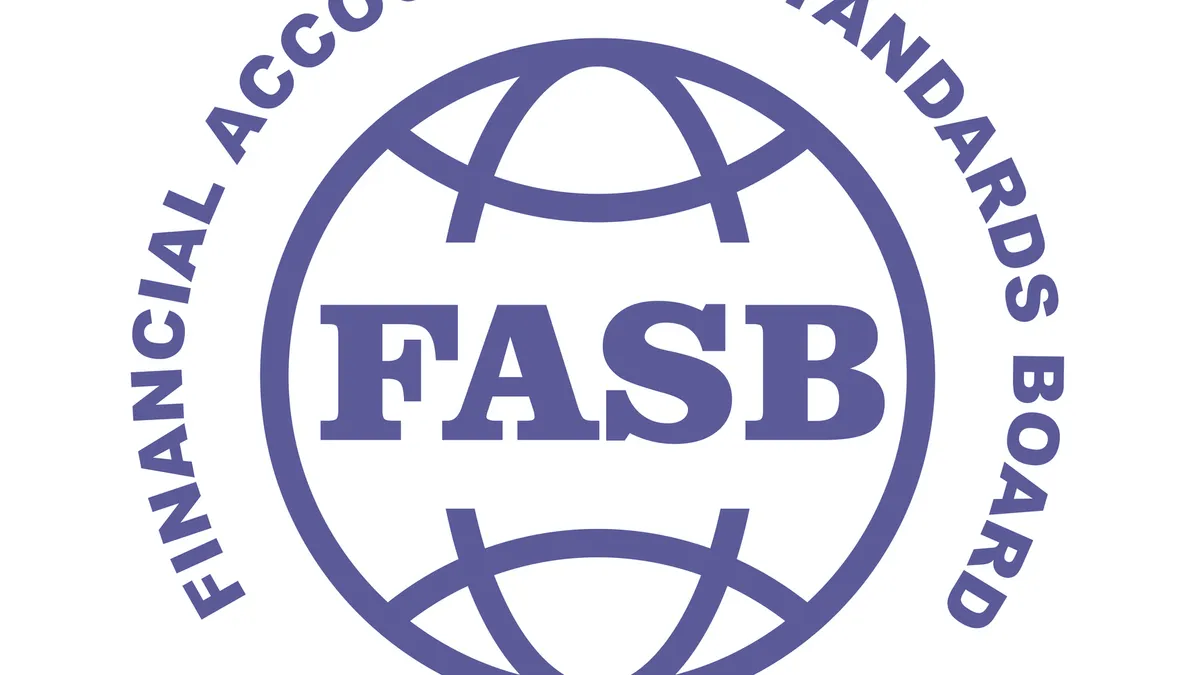The tax benefits included in the stimulus package enacted in March, called the Coronavirus Aid, Relief, and Economic Security (CARES) Act, play a big part in the federal government's effort to help businesses get through the downturn. But the extent to which they're useful to your company depends on your cash position and the amount of income and losses you're generating. And also whether you have or are applying for a forgivable loan under the Paycheck Protection Program (PPP).
One of the changes with the most potential to help is the temporary dismantling of restrictions on the carryback of net operating losses (NOLs). Three years ago, when the federal government passed the Tax Cuts & Jobs Act, it drastically rolled back your ability to carry back net operating losses to help offset income. The CARES Act lifted these restrictions for the next few years, restoring a five-year carryback window and letting you offset 100% of your income, not just the 80% that was previously allowed.
But those won't be much help if you’re a pre-revenue startup or otherwise not generating much income, even if you're generating a lot of losses.
"When you think about early-stage venture-backed companies that are continually generating losses, there's probably not much of a benefit, because you don't have income you can carry back these losses to," David Fang, a tax manager with the accounting firm Adams Moss, said in an Airbase webcast.
One-time transactions can help
That would change if you've recently executed a one-off transaction, like an asset sale, which would give you income to offset, possibly even earning you an IRS cash refund.
"You're able to take the losses you're generating right now during the crisis, back to that year [in which you had the transaction] and use those losses to offset income in that year," Fang said.
Identifying past income to offset is especially useful now, he said, because the IRS is obligated to process your request for a refund, if you're entitled to one, which means you could be receiving a check from the IRS relatively quickly to help boost your cash.
"The nice thing about the CARES Act is that it lets you file a Form 1139, which allows the company to get a quick refund carryback claim," he said.
Under the IRS process, you file Form 1139 as part of your amended return to recognize your new carryback calculation.
"You'll send that [amended return] into the IRS and it's just subject to the IRS processing time," he said. "Sometimes it can be quick. Sometimes it can [take] a little bit. But the nice thing with Form 1139 is that, from the time you file it, the IRS basically has to pay you within 90 days, so if the company is able to carry back these losses, you're able to really get a pretty immediate cash refund. That'll help companies fund its day-to-day operations."
Payroll tax changes
How much you're helped by two other changes in the CARES Act also depends on your situation.
One change is a deferral on the payment of your employees' 2020 FICA tax for up to two years. You pay half of it in 2021 and the other half in 2022. The second change is an employee retention tax credit that, if you're eligible, is worth 50% of the 2020 payroll taxes you pay for each employee, up to $10,000 (effectively, a $5,000 per-employee cap).
To get any benefit from these, you have to calculate which one is more valuable to you, because if you take the credit, you can't take the deferral. That's because the credit effectively leaves you nothing to defer, said Steven Schechter, a partner at Moss Adams.
"There's a back and forth potentially with dealing with the deferral and the ERTC [employee retention tax credit]," Schechter said. "You can't defer something you don't have to pay because of the credit. So, the key is identifying it, figuring it out, and then working with your payroll company to make sure it’s getting flagged the right way in your quarterly filings."
The credit is limited to companies that continue to pay employees who haven't been able to work because of stay-at-home mandates, or that have been hit with at least a 50% drop in gross receipts because of the downturn.
As with the change in carryback rules, you can get an immediate cash refund from the IRS by submitting an amended return if you're eligible for more credit than the taxes you offset. "It could be pretty important," Schechter said.
It's relatively straightforward to see how the credit can apply to restaurants, retail, and other types of businesses that had to shut their doors and send people home, but it can also apply in some cases to tech companies. Schechter pointed to a biopharma company that's been able to take advantage of the credit because it kept its technicians and others who worked in the company's lab as employees even though the lab had to be closed as a non-essential business.
"They've retained those folks on the payroll, continue to pay them, but they literally can't perform their job," he said.
It's trickier to determine your eligibility if you have employees working from home but they're not able to do their full jobs. In cases like this, there's no clear guidance.
"The IRS has put out a decent number of responses to some of these [questions] but they're pretty limited," said Schechter. "So, you want to go through these with your advisor. Really look at these folks and see if they meet the criteria. Do I have a suspension? Do I have a reduction? It’s very fact dependent."
There also isn't clear-cut guidance on how the IRS will determine if you've had a 50% drop in gross receipts, but, in general, it is reasonable to assume the IRS is going to define gross receipts based on how you define it in your tax returns.
"If you're cash based, it would be cash," said Schechter. "If it's accrual, it's accrual. You're going to have to go into the IRS Q&A and narrowly look at these things and compare. There are certain things that are not going to be considered gross receipts, but you want to make sure you've stepped through the components of it."
Taking the tax deferral
If you don't take the credit, you can take the payroll tax deferral, but whether that makes sense for you depends on your cash position.
If you're generating sufficient cash to cover your payroll, rent and other essential costs during the downturn, it might not make sense for you to take the deferral because it creates a future burden. You're on the hook to pay half of it back next year, along with your regular payroll tax obligation for the year, and then you're on the hook for the other half in 2022, also while you're paying your regular payroll tax obligation.
"When this discussion comes up, [some companies] decide we don't want to have this hanging on our balance sheet," said Fang. "We don't want to worry about tracking it for the next two years until we have to pay it in 2021 and 2022, so it becomes an administrative burden and people say, let’s pass on this."
Forgivable PPP loan impact
These and other tax considerations also come into play if your company received a PPP loan and hopes to have it forgiven.
Under the program, you can receive a loan for up to 2.5 times your monthly payroll costs and, as long as you use at least 75% of the proceeds on your payroll and the remainder on other essential costs, like rent, you can apply to have it forgiven.
If you take the forgiveness, though, you won't be able to take the tax credit or the payroll tax deferral, although the IRS is still developing rules around those and tax experts say there are questions that remain unanswered about whether the tax benefits and forgiveness can work together.
One point on which the IRS has been clear is the deductibility of your business expenses.
The agency has ruled that if you have the loan forgiven, the amount of forgiveness won't be considered a cancellation of indebtedness and therefore won't be counted as income on your taxes, but you also won't be able to take the usual business expense deduction for the amount of loan forgiveness you’ve received.
"It's a circle," Schechter said. "You don't get income but you don’t get the deduction for the payment, so I suppose I would call that the conduit theory, putting the money through into employees’ hands."
Schechter said the IRS's decision not to allow the deductions doesn’t appear to square with Congress' intent and there are indications lawmakers want to pass legislation to restore the deductions.
"I'm not sure [Congress] intended to have employers be the conduit, but as of right now the expenses aren't deductible and you’re going to have to pick up the income on that front."




















